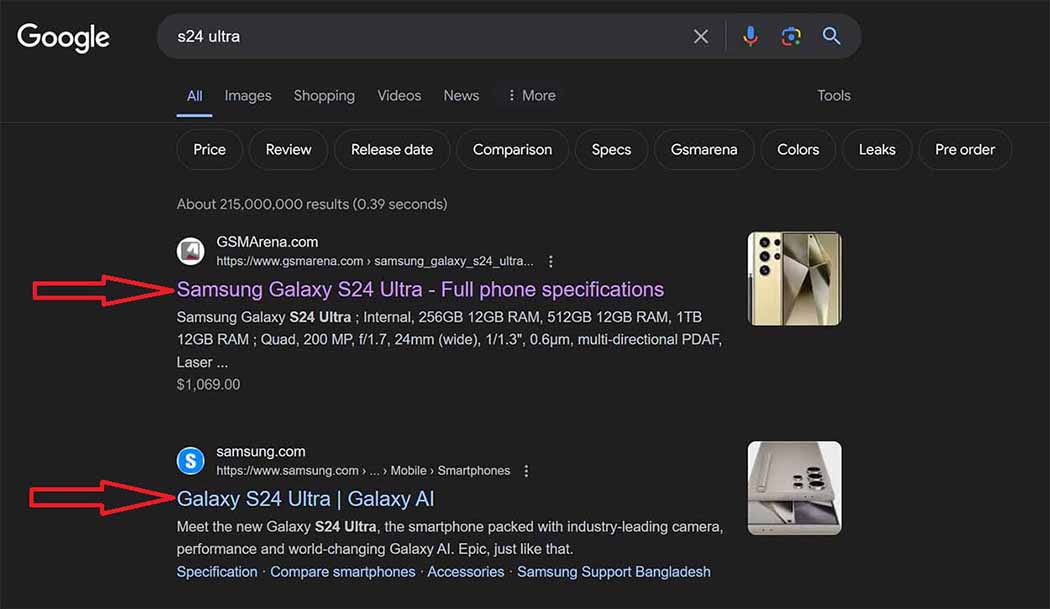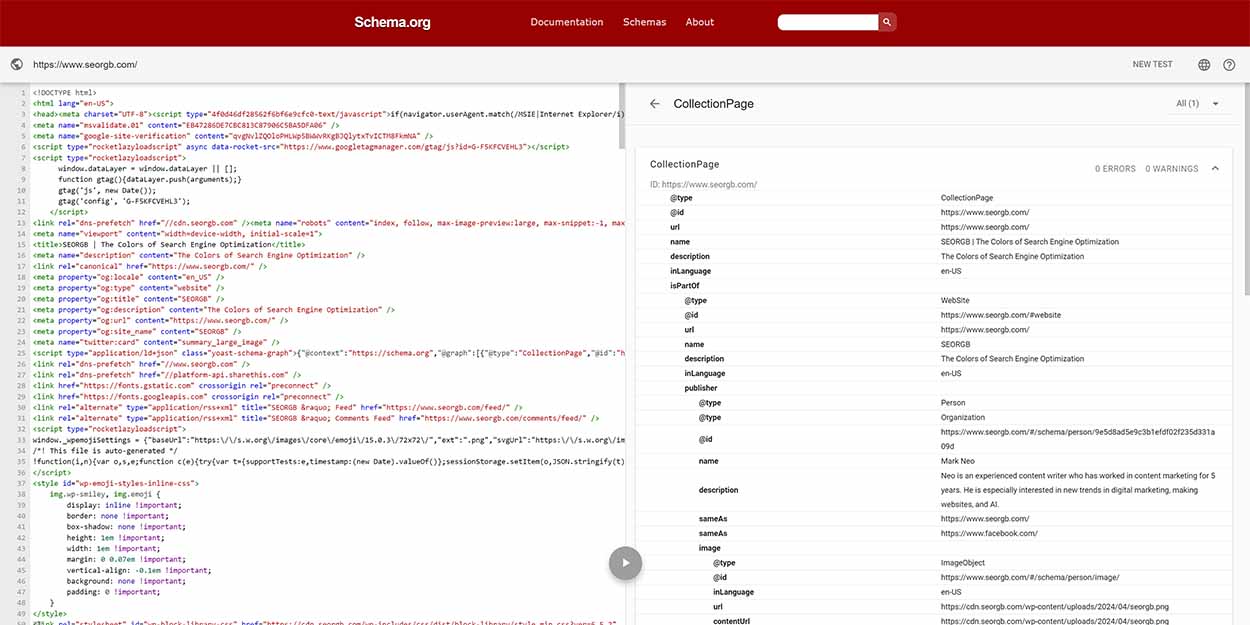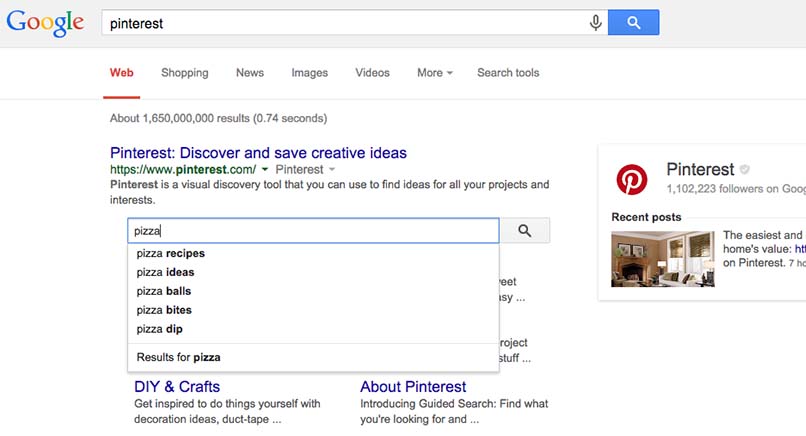Meta tags are crucial to SEO since they provide search engines with page information. The title tag tells search engines and users about the page’s content.
Meta descriptions also affect click-through rates, making them vital for attracting users from SERPs.
Meta tags can boost a webpage’s search engine rankings, making them an essential part of SEO.
What are Meta Tags?
Meta tags give search engines and viewers vital information about a webpage. Meta tags affect a webpage’s ranking by helping search engines understand its content and context.
Title tags, meta descriptions, meta keywords, and viewport tags improve a webpage’s search engine rankings.
Precision in meta tags can boost click-through rates and search engine rankings, making them essential to an SEO strategy.
Importance of Meta Tags in SEO
Meta tags help search engines interpret and index web pages. These tags can boost a website’s search engine rankings and organic traffic if optimized properly.
Relevant meta tags increase search engine rankings and enhance the user experience by providing engaging search results snippets.
Meta tags are the foundation of SEO, determining how search engines rank websites and their online success.
Meta Tags for SEO Optimization
The title tag, an essential HTML element, determines the clickable headline displayed on search engine results pages. It’s essential for user engagement and clicks.
The meta description tag summarizes the web page’s content and boosts click-through rates by luring viewers with useful information.
However, most search engines no longer count the Meta Keywords Tag to rank keywords.
Finally, Open Graph Tags improve web page layout and sharing on social media, making it more visually appealing and engaging for visitors.
1. Title Tag
An excellent title tag boosts search engine rankings and user clicks. The title tag must be succinct, unique, and related to the webpage’s content to achieve this.
The whole title tag can maximize its influence on search engine results pages by staying under 60 characters.
Strategically including target keywords in the title tag can boost organic visibility and keyword rankings for specific queries, improving search engine performance.
Writing engaging and descriptive title tags can boost user engagement and click-through rates, boosting your SEO strategy.
2. Meta Description Tag
A good meta description shows viewers what to expect from the webpage, persuading them to go through.
Meta descriptions may not directly affect rankings, but they strongly influence SERP user behaviour.
<meta name="description" content="Meta tags are crucial to SEO">Maintaining 150–160 characters ensures that these descriptions are properly presented and convey the page’s value.
Use action-oriented language or ask questions in meta descriptions to spark curiosity and clicks, increasing page engagement.
3. Social Media Meta Tags
Content optimization for social sharing and engagement depends on social media meta tags. Webmasters may boost click-through rates and user engagement by using Open Graph meta tags on social media.
- og:title: Put your page’s title here to display it when linked.
- og:url: URL of your page.
- og:description: page description. Remember that Facebook only displays 300 characters of description.
- og:image: enter the URL of an image to display when your page is linked.
Using social media meta tags like Pinterest Rich Pins can improve the visual presentation of Pinterest content, increasing audience engagement.
Structured data using meta tags lets webmasters supply detailed content metadata, making it more engaging and shareable on social media.
4. Schema Markup
Schema Markup boosts search engine rankings. Structured data helps webmasters improve organic search results by giving search engines context about their material.
Structured data helps search engines understand content meaning, resulting in rich snippets that provide more detailed and insightful search results.
Schema Markup helps websites stand out in search results, increasing click-through rates and user engagement.
Structured data also improves the display of important information like reviews, ratings, and event details, making it essential to an SEO strategy.
5. rel=”canonical” Link Tag
Find out how the rel=”canonical” link tag helps SEO. Webmasters can avoid duplicating content and consolidate link equity by strategically using this tag.
<link rel="canonical" href="https://www.seorgb.com" />This element instructs search engines to index and rank the preferred URL. It guides search engines to the most relevant and authoritative version of a webpage, improving website authority and the user experience.
SEO success and a strong online presence depend on understanding the rel=”canonical” link tag’s influence and recommended practices.
6. Nofollow Attributes
Nofollow attributes let webmasters regulate page rank by telling search engine crawlers which links to follow and which to ignore.
<a href="https://www.seorgb.com/" rel=”nofollow”>Learn SEO</a>Webmasters can prohibit search engines from giving authority to sponsored or user-generated content outbound links by using rel=”nofollow.”.
This strategy keeps a healthy link profile and avoids penalties, making a website authoritative and trustworthy.
Webmasters can improve search engine visibility and user experience by using nofollow attributes to arrange their website’s links according to SEO best practices.
7. Image Alt Attributes
Optimizing your website’s image alt attributes requires various considerations.
<img src="img_seo_image_alt.jpg" alt="Image Alt Attributes" width="500" height="600">First, make sure your alt attributes appropriately explain picture content for visually challenged people and search engine crawlers.
Second, use relevant keywords in alt attributes to boost image visibility in search results and SEO.
Third, avoid keyword stuffing and use natural, descriptive alt text that matches image content.
Finally, regularly update your alt attributes to reflect content or SEO changes to ensure your website’s exposure and accessibility.
8. Search Box Meta Tag
Search Box Meta Tags need schema.org markup to help search engines recognize internal site search features.
Effectively implemented Search Box Meta Tags allow qualifying sites to display an interactive site-search box in Google search results, improving user experience and engagement.
<meta name="google" content="nositelinkssearchbox">Webmasters can set the ‘actionURL’ attribute in the search box schema to direct users to search results pages.
Search engines can better read site-search box input types with the ‘query-input’ attribute, which also improves internal search visibility.
9. Meta-Charset Tag
The meta charset tag is essential in HTML documents for displaying text with special characters and symbols.
It provides the character encoding. The widely accepted ‘UTF-8’ character encoding covers many languages and symbol sets, improving international interoperability.
<meta charset="UTF-8">To avoid character encoding detection concerns, it is crucial to include the declaration at the top of HTML publications.
Another popular character encoding choice for specific language demands is ‘ISO-8859-1’, which helps meet varied linguistic needs.
10. Viewport Tag
The viewport meta element helps browsers scale and adjust proportions based on device screen size, making it a valuable responsive web design tool.
Specifying ‘width=device-width’ allows webpages to automatically change to different screen widths for a consistent and user-friendly layout.
<meta name="viewport" content="width=device-width, initial-scale=1">Setting ‘initial-scale=1.0’ prevents mobile devices from automatically zooming in, keeping the design and improving readability and usability across platforms.
Viewport settings make material more accessible and user-friendly across devices.
11. Meta Robots Tag
Meta robot tags can regulate how search engine crawlers index and follow links on a webpage.
Webmasters can manage content visibility and accessibility by using directives like ‘noindex’, ‘nofollow’, and ‘noarchive’.
<meta name="robots" content="index, follow, max-image-preview:large, max-snippet:-1, max-video-preview:-1" />The meta robots tag ‘nofollow’ directive instructs crawlers not to pass link equity through specific links on a webpage, supporting strategic link management.
Proper meta robot tag directives influence how search engine bots interpret content, affecting web page visibility and indexing.
Optimizing Meta Tags for SEO
Optimizing meta tags by strategically putting keywords in web page titles, descriptions, and headings boosts search engine rankings.
Unique and descriptive meta titles and descriptions can also boost SERP click-through rates.
Meta tags should appropriately reflect page content to improve the user experience and reduce bounce rates.
Schema markup in meta tags can also improve search results by offering more information. Meta tag optimization for SEO success depends on these methods.
Choosing the Right Keywords
Long-tail keywords can target specialized audiences and improve content relevancy to search queries, improving SEO performance.
Using keyword research tools to find high-value phrases with moderate competition helps you optimize your content for search engines.
Creating Engaging Meta Descriptions
An effective SEO strategy requires attractive meta descriptions. You can attract search engine visitors by promoting your website’s unique value and benefits.
A strong call-to-action in the meta description can increase engagement and conversions.
To maximize meta descriptions’ influence on search engine results pages, follow character constraints.
Using language that resonates with your target audience can also boost relevancy and site traffic, boosting your online presence.
Avoiding Keyword Stuffing
Avoid overusing keywords in meta tags to avoid search engine penalties. Instead, write useful, helpful material without overusing keywords in meta tags.
Avoid keyword repetition and use semantic variations and related phrases to preserve a natural flow of conversation.
These methods will ensure that your meta tags improve the user experience and search engine performance.
Implementing Structured Data with Meta Tags
Implementing structured data with meta tags is a game-changer for SEO dominance.
Schema.org markup in meta tags gives search engines detailed information about site content, improving exposure and relevance.
Meta tags in JSON-LD format help search engine crawlers understand your web page content, increasing its impact.
Meta tags and structured data markup offer rich search snippets, increasing visibility and click-through rates.
Use structured data meta tags to improve website display in search engine results and dominate SEO.
Final Words
Knowing how to optimize title tags, write meta descriptions, and use meta keywords intelligently helps boost search engine ranks and click-through rates.
Advanced methods like open graph meta tags for social media and structured data using meta tags boost SEO meta tags.
These methods can boost website visibility, relevancy, and user engagement, resulting in SEO dominance.



